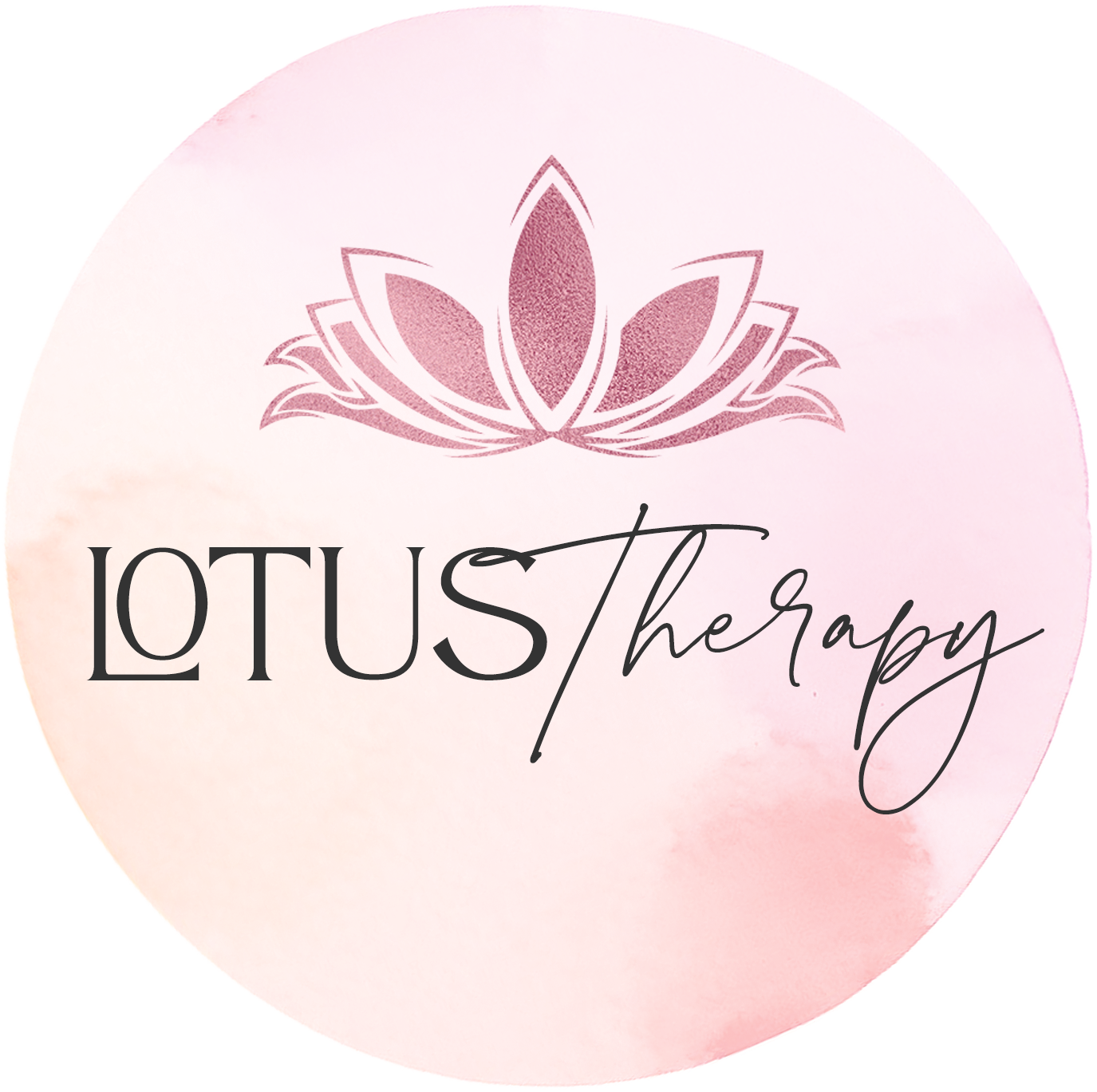Observation vs. Evaluation
How to Communicate More Clearly in Your Relationship
Have you ever had a conversation with your partner that quickly escalated into an argument, and you weren’t even sure why? One of the most common reasons for miscommunication in relationships is the confusion between observation and evaluation—a distinction that can either bring clarity or cause unnecessary conflict.
Marshall Rosenberg, the creator of Nonviolent Communication (NVC), emphasized that when we blur the line between what we observe and how we interpret it, we create judgments that can damage our relationships. Understanding the difference between observation and evaluation is a game-changer for couples who want to communicate more effectively, avoid defensiveness, and truly hear each other.
What Is the Difference Between Observation and Evaluation?
Observation: A factual statement about what you see, hear, or experience—without assigning meaning or judgment.
Evaluation: A personal interpretation or judgment about the observation, often influenced by emotions, biases, or past experiences.
Observations are neutral and objective, while evaluations introduce personal perception, which can sometimes be unfair, inaccurate, or triggering to your partner.
Example: The Dishes Are in the Sink
Observation: "I see there are dishes in the sink from last night."
Evaluation: "You never clean up after yourself. You’re so inconsiderate."
The first statement simply describes the situation. The second statement assigns blame, assumes intent, and creates an emotional charge that can lead to defensiveness.
Why Does This Distinction Matter in Relationships?
When we communicate using observations rather than evaluations, we:
✅ Reduce defensiveness and conflict
✅ Create space for open and honest conversations
✅ Allow our partner to respond without feeling attacked
✅ Increase emotional safety and understanding
Conversely, when we rely on evaluations:
❌ We trigger defensiveness and push our partner away
❌ We assume intent without seeking clarity
❌ We reinforce negative patterns of blame and resentment
How to Recognize When You’re Evaluating Instead of Observing
Many of us evaluate situations unconsciously, assuming that our perspective is simply "the truth." Here are some signs you might be making an evaluation instead of an observation:
You use absolute statements like "You always…" or "You never…"
Your statement contains a judgment about your partner’s character (e.g., "You're lazy," "You're selfish")
You're interpreting intent rather than describing behavior (e.g., "You did that just to hurt me")
Your words provoke an immediate defensive reaction from your partner
By noticing these patterns, you can start shifting toward a more effective and compassionate way of communicating.
How to Communicate with Observations Instead of Evaluations
1. Stick to the Facts
Before speaking, ask yourself: What did I actually see or hear? Focus on what is objectively true.
Evaluation: "You don’t care about me because you didn’t respond to my text."
Observation: "I sent a text earlier, and I haven’t received a reply yet."
2. Separate Feelings from Facts
Recognize when you’re adding an emotional interpretation to a situation. Your feelings are valid, but they shouldn’t be confused with facts.
Evaluation: "You ignored me all evening."
Observation: "I noticed we didn’t talk much tonight, and I’m feeling a little disconnected."
3. Express Your Needs Clearly
Once you’ve stated the observation, share how it impacts you and what you need.
Evaluation: "You never make time for me. I’m obviously not a priority."
Observation + Feeling + Need: "I’ve noticed we haven’t spent much time together this week, and I’m feeling a bit distant. I’d love to plan a date night soon."
Transform Your Relationship with Conscious Communication
Shifting from evaluations to observations takes practice, but the results can be transformative. When you focus on describing what you see rather than assuming intent, your partner is more likely to listen and respond with care.
The next time you're about to express frustration or concern, pause and ask yourself: Am I observing or evaluating? This small but powerful shift can make a significant difference in how you communicate, resolve conflicts, and deepen your emotional connection.
By embracing clear, nonjudgmental communication, you and your partner can replace misunderstandings with understanding and blame with connection—building a relationship grounded in mutual respect and love.
As a couples therapist based in Lakeland, Florida, I offer personalized counseling services to help couples strengthen their relationships. If you feel that professional help could benefit your relationship, don’t hesitate to reach out! If you're looking for something more personalized, I invite you to contact me for a consultation or book a session. Together, we can work towards building a more intentional and fulfilling relationship.
Written By: Crystin Nichols MS, RMFTI

